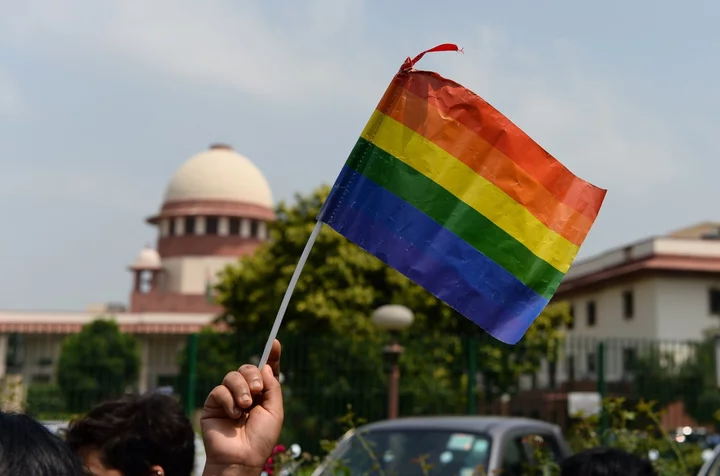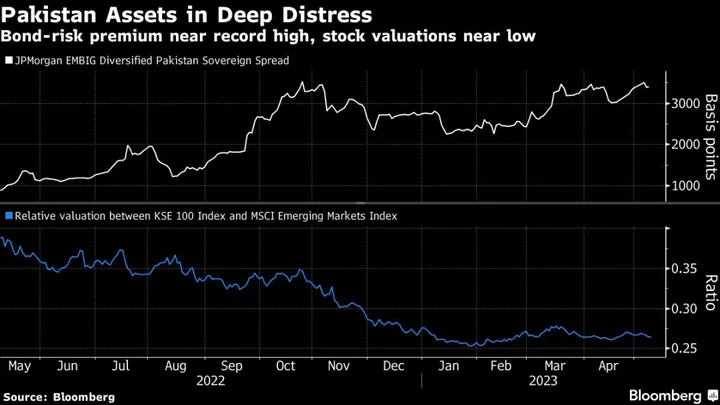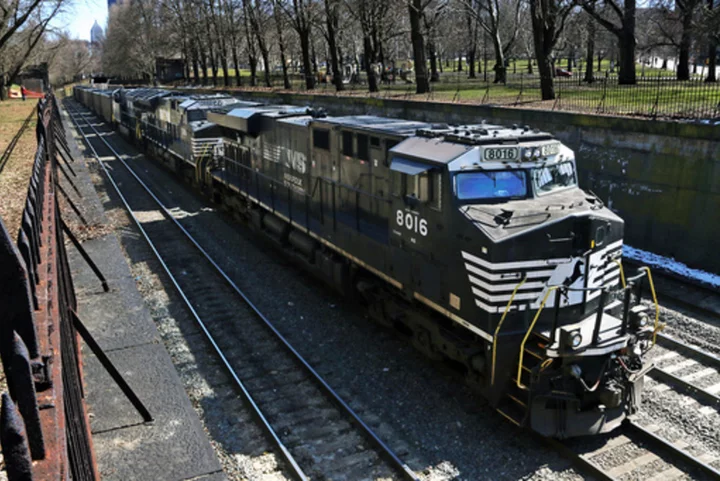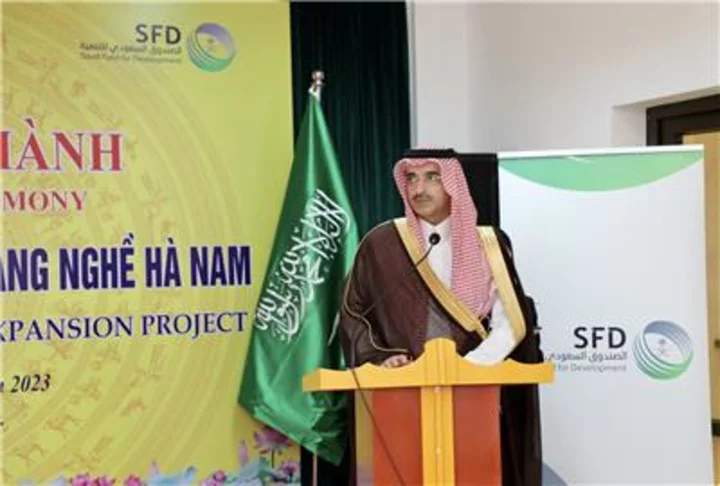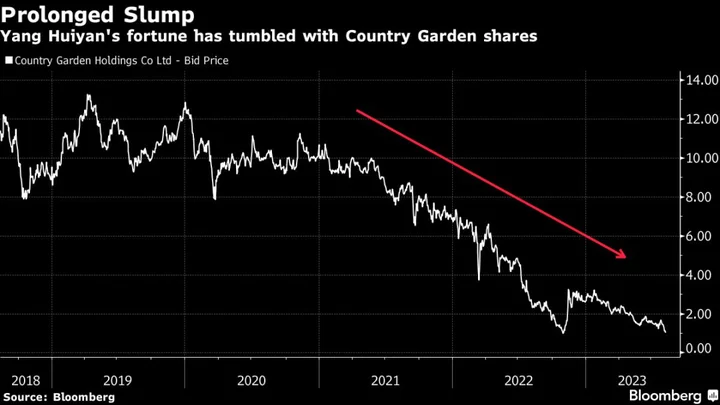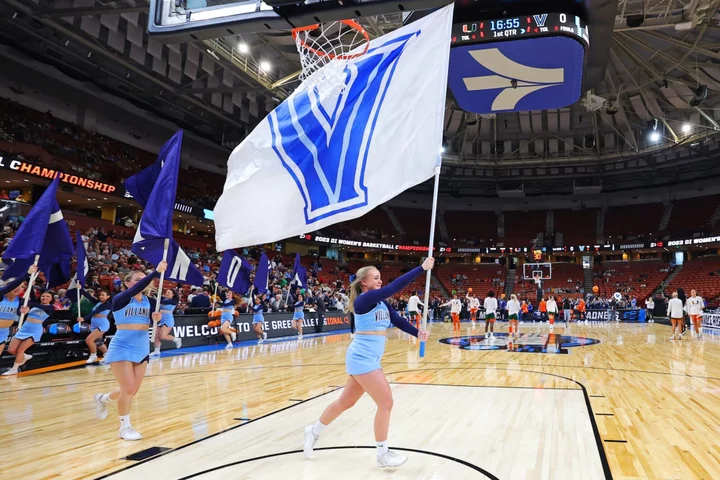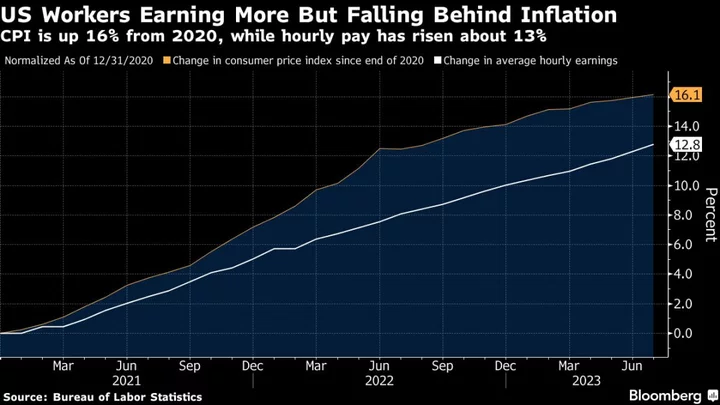India’s Supreme Court will rule on whether to give legal recognition to same-sex marriage on Oct 17, a long-awaited decision that could more than double the number of people worldwide with marriage equality rights.
The petitioners — a diverse group of same-sex couples — argue that India’s constitution guarantees equality and urged the Supreme Court to recognize the unions under the Special Marriage Act, a secular law in India that has been used to legalize intercaste and inter-religious marriages.
Prime Minister Narendra Modi’s government registered its opposition in hearings earlier this year, arguing that in Indian culture, marriage is between a man and a woman. The government also said the issue was a legislative matter and shouldn’t be left to the courts.
If the Supreme Court rules in favor of the plaintiffs, India will supplant the US as the most populous nation to extend marriage rights to the LGBTQ community. As of now, Taiwan and Nepal are the only Asian jurisdictions among more than 30 worldwide that permit same-sex marriage, and India’s case is being closely watched in other parts of the region.
Progress around this issue has been swift in India. The South Asian nation decriminalized homosexuality in 2018 after a landmark ruling by the Supreme Court. Last year, the court expanded the legal definition of a family to include same-sex couples.
Petitioners in this case called marriage a “bouquet of rights” that impacted everything from adoption to inheritance. They told the court that it was discriminatory to deny LGBTQ couples these rights simply because their partnerships aren’t legally recognized.
Modi’s Bharatiya Janata Party has acknowledged the practical difficulties faced by same-sex couples and offered to form a panel to look into steps that could minimize these issues. The petitioning parties, however, insisted on a court ruling.

